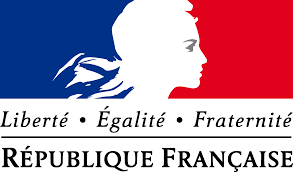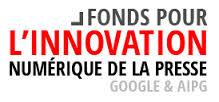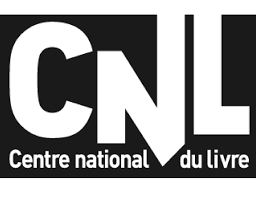What support is there for the online press and digital projects?
The profound changes in the Publishing/Press/Media sector (fall in sales of paper media, explosion of digital media, changes in consumer habits) are pushing companies to invest in numerous projects despite a fall in their revenues (fall in the number of subscribers, fall in advertising revenues). In short, it is a question of spending more to adapt to these changes but with fewer resources.
A finding of the SPIIL
Aware of these difficulties and of the need not to miss the "digital shift", the legislator and some associations have put in place a set of aids to support the sector, which we will present to you a few lines below.
In 2014, the independent online press union (SPIIL) drew up a report on this support and pointed out some inequalities.

State aid
While it is true that state aid (direct and indirect) represents an ever-increasing share of the sector's turnover (around 15% in 2013 compared to 11% in 2008), it still discriminates against the online press.
In 2014, only 17% of the direct aid granted was reserved for digital media, although the latter represent 45% of total readership. As for indirect support, 36% is reserved exclusively for paper formats.
In view of these many observations, the purpose of this article is to present a quick overview of the aid to which you, the publisher of an online press service and the bearer of a digital and innovative project, may be entitled.

Strategic Fund for Press Development
Do you want to increase your productivity by reducing your production costs? Improve and diversify the form of your publications? Ensure that your publications reach a wider audience? Then this fund will meet your expectations!
Created by a decree dated 13 April 2012, the Strategic Fund for the Development of the Press is a direct aid for the modernisation of companies established in France or in one of the EU Member States.
The fund benefits press companies (online services, print publications, press agencies) recognised by the joint commission for press publications and agencies(CPPAP). When public funds provide a significant part of a project, it is not eligible for the fund.
Investments by news services that aim to diversify delivery channels and increase the audience for mobile applications, among others, are eligible.
Capital and operating expenses are taken into account on the basis of their amount excluding VAT and in the event that they are absolutely necessary for the implementation of the project. For each personal project, the aid granted takes the form of subsidies (limited to 30% of eligible expenditure) and/or repayable advances (limited to 40% of eligible expenditure). These ceilings are raised to 50 and 60% of eligible expenditure respectively in the case of a collective project (supported by at least three eligible companies).
For any application to the fund of less than €50,000, it is the Directorate General for Media and Cultural Industries ( DGMIC) that manages the entire application. Otherwise, following the opinion of a statutory committee, the Ministry of Culture and Communication is in charge.
More information here.
Press Digital Innovation Fund
Do you want to innovate in terms of production and distribution of editorial content or more generally create new sources of income by proposing new offers to your readers? This help is surely for you!
The Google-AIPG Fund for Digital Press Innovation (FINP) is an association under the French Law of 1901, whose purpose is to "promote the long-term development of the online political and general information press in France".
The Fund is accessible to online press services recognised by the Commission Paritaire pour les Publications et Agences de Presse(CPPAP) if they have not applied for public subsidies.
20 million per year and can "support projects up to 60% of the eligible expenses up to a maximum of 2 million per project".
Various projects have been supported by FINP, including the creation of mobile or tablet websites; the development of native or responsive design applications; the development of subscriber zones; the development of "paid walls" technologies; database journalism (enriched content including tables, graphs, maps, etc.), among others.
The Board of Directors manages the entire application and the criteria for obtaining funding take into account the impact of the project on the digital transition, the viability of the business plan, the innovation provided and the offer created for readers.
Eligible expenditure includes the salary costs of people from within or outside the project (in proportion to the time spent, including training costs), capital costs, invoices from external service providers involved in the project, and operating costs.
More information here:https://www.finp.fr

Grant for retrospective digitisation of journals
This grant, which requires multiple criteria to be met, can be useful in order to adapt to current technological practices in the context of projects involving all or part of the costs of digitisation.
Supported by the National Book Centre(CNL) and the Ministry of the Economy, Industry and Digital Affairs, this grant aims to "accompany the retrospective digitisation of printed journals for publication on a portal or individual site for a fee".
This aid is reserved for publishers of paying journals not linked to public bodies, distributed in the French language throughout France and which fall within the CNL's thematic field. Minimum thresholds in terms of periodicity, circulation, content of publications and activity are necessary for the submission of the application.
Once the application is complete, it is sent to the CNL commission which meets three times a year to evaluate the applications according to different criteria (viability of the project, coherence between the applicant's economic model and the investment made, interest of the digitisation).
After acceptance, eligible grants are limited to 50% of the digitisation costs, half of which is allocated upon acceptance of the application, and the balance upon completion of the project.
Read more here.
Other digital projects supported by the CNL: more information here.

Are you interested in this topic?